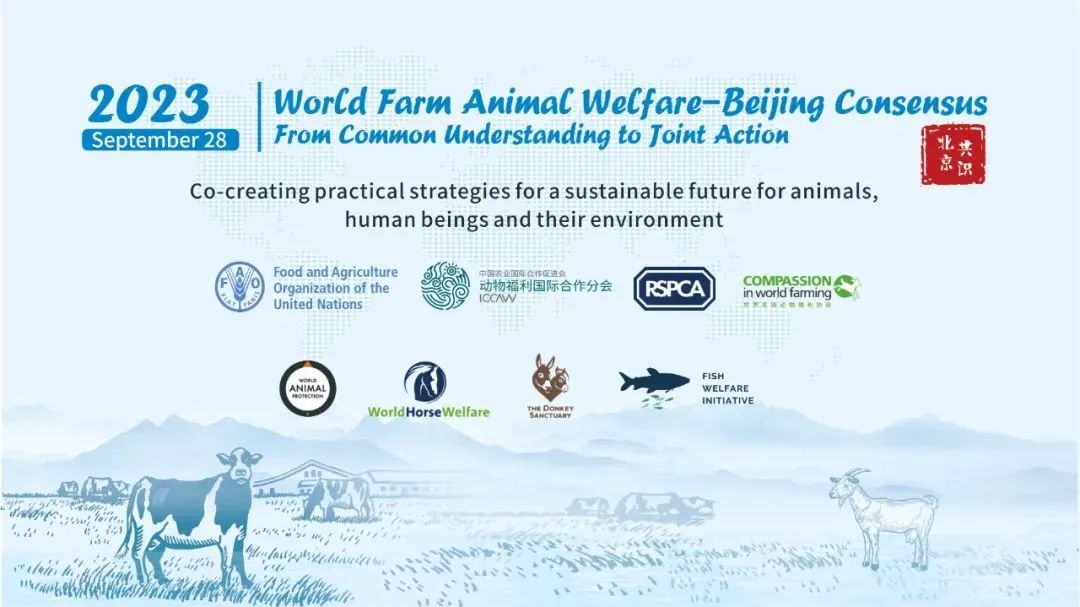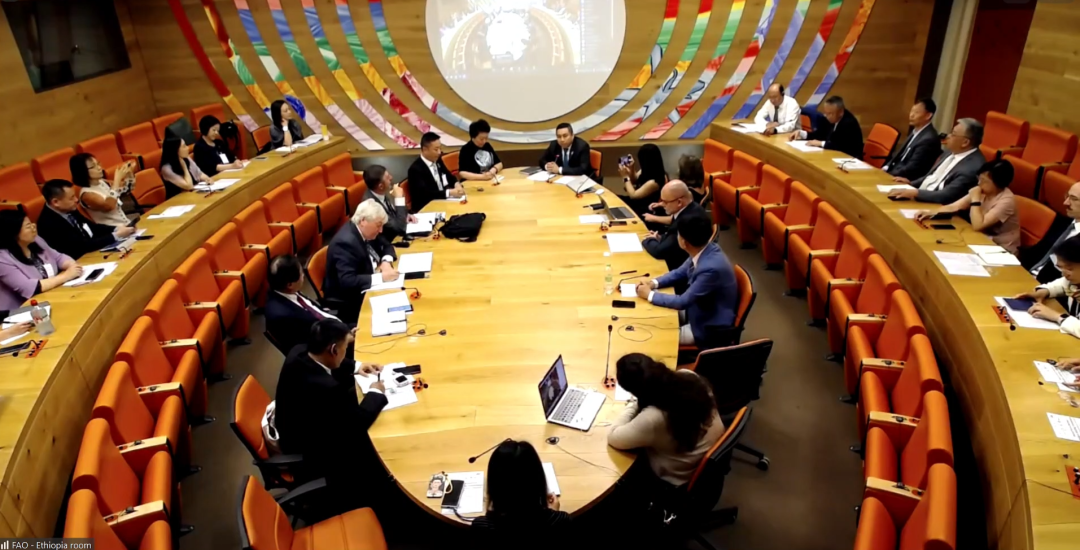
联合国粮食及农业组织畜牧生产与卫生司司长Thanawat Tiensin表示,如今农场动物福利至关重要,是助力实现可持续畜牧业转型的重要工具,如果想要实现更好的生产,更好的营养,更好的环境和更好的生活,就要将农场动物福利纳入进来。
他见证了十余年间动物福利事业的高速发展。他分享到,15年前农场动物福利刚刚进入人们的视角时,生产者、农民不愿谈论这一话题,担心这会使得他们的生活变得更复杂。但我们需要讨论动物福利问题,让农场动物享有良好的生活环境。经过十余年动物福利实践,私营部门、生产者表示,践行动物福利会帮助他们提高生产力、动物更加健康、减少抗生素的使用,从而提高产品的安全和质量,这对生产者、企业、消费者都有益处。
联合国粮食及农业组织畜牧生产与卫生司司长Thanawat Tiensin
Tiensin司长表示,如今围绕世界农场动物福利的讨论非常关键,需要把动物福利这一概念引入到养殖者的工作中。为此,粮农组织和各机构、组织紧密合作,不只是在今天的会议中分享观点,而是切实把动物福利理念转化成行动,融入到可持续畜牧业转型实践中,从而实现更好的生产、更好的营养、更好的环境,更好的生活。
他希望看到,未来生产者能够实施更好的实践,积极做出改变,推动可持续畜牧业的转型。他呼吁我们要信任消费者,因为现在的消费者已经不同于以往,他们的要求在逐渐提高,在购买时会考虑产品的生产过程。现在为推动动物福利做的努力,会让所有人都受益,会让人们拥有更好的生活。
下为英文简报:
Thanawat Tiensin, Director of Animal Production and Health Division, FAO troduced that the issues of animal welfare is one of instruments to support in achieving sustainable livestock transformation. “Because if we want to see better production, better nutrition, better environment and a better life for all, we need to include animal welfare in farm animals or animal farms”.
He shared that people’s attitudes toward animal welfare has changed. 15 years ago, when people started discussing what animal welfare standards or practices is about, some producers and farmers were wondering if it would be something that makes their life much more complex. So they felt reluctant to discuss about it. “After ten years of implementation, if I go to all the private sectors and of producers, they say that it is very good.” He said, “because now when producers implement the animal welfare practices, good practices, they can increase productivity. Animal healthy. You don't need to use a lot of antibiotics for treatment”. Therefore, producers, private sectors and consumers are all benefited.

Mr Tiensin mentioned, “our discussions on farm animal welfare is very critical and very important, and we need to introduce this kind of concepts to our farmers”. That’s why FAO will continue working with different agencies and organizations closely to move forward to action. He said, “we will continue to promote farm animal welfare into action, into practice for sustainable livestock transformation, to achieve better production, better nutrition, better environment and better life”.
He wants to see that tomorrow farmers have an advantage to implement, to change, to transform their practice. The most important thing is to trust your consumers. Because our consumer today is different from consumer from yesterday. They are demanding and will take the production process into account when they are buying. At the end of his speech, he stressed, “whatever we are doing, all of us will gain benefit, and we will go to a better life for all together”.